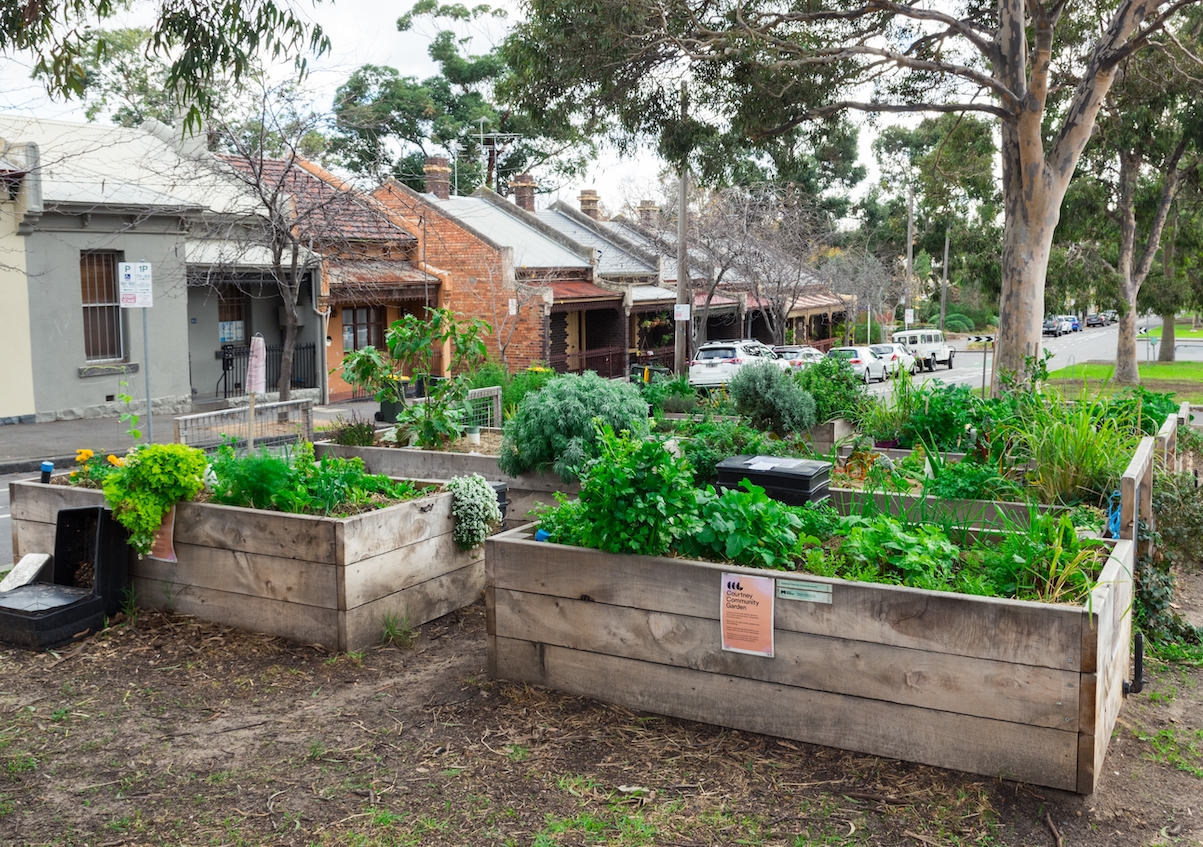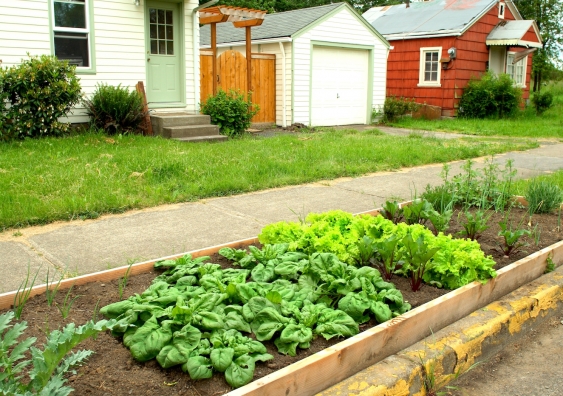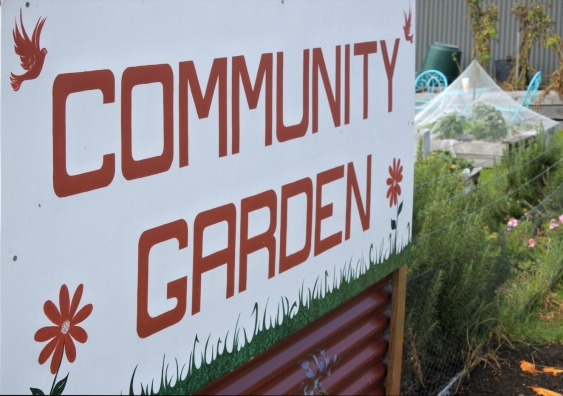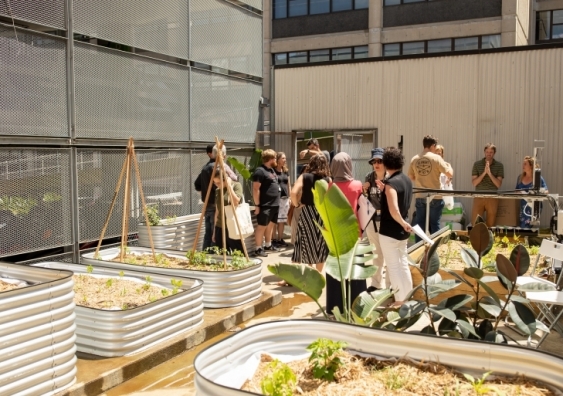Community gardens: coming to a nature strip near you
What started as a form of gardening activism, planted the seeds for a blossoming community movement, centred on inclusivity, sustainability and participation.
What started as a form of gardening activism, planted the seeds for a blossoming community movement, centred on inclusivity, sustainability and participation.

Look closely in any suburb, and you will find nature strips like this one on Myrtle Street in inner-city Chippendale. Lined with native shrubs and grasses, including mint, rosemary, grevilleas and banksias, you would be forgiven for thinking vigilante gardeners were sowing seeds of dissent against their local council.
UNSW Built Environment Professor Linda Corkery says that the rise in planted nature strips is just one example of the growth in the community garden space. The landscape architect says that what began as an activist movement has transformed into a structured and legitimate activity.
"It's kind of gone the opposite to [the initial impetus for] the guerrilla approaches, which was activism," she says. "Now, it's come to be seen as a valuable thing, because suddenly these vacant spaces are being turned into verdant, productive gardens for the community.
"They are such a great use of unused space, generally tucked away, or on small pockets of land, that is very usable, but that not much can fit on. Of course, now we also have these designated community gardens. In a way, they have formalised guerrilla gardening and given it legitimacy."
Numerous councils have developed guidelines that allow food planting on nature strips in order to meet strategic sustainability goals. The City of Sydney encourages residents and businesses to transform their nature strips in its 2030 vision for sustainability.

A nature strip community garden. Photo: Shutterstock.
"A lot of local councils, especially around the Inner West, have a community garden policy now, and [they have] even allocated land and resources to support them, like community gardening programs which are now a part of sustainability education: classes on how to compost, how to grow mushrooms, start a worm farm," Professor Corkery explains.
"Community gardeners, they have a lot of pride in the space, and that's one of the conditions that you when you sign on to having a plot, is that you'll look after it. Some plots are strictly food production gardens, not just for flowers."
For the professor, the beauty of a community garden lies not just in the allotments themselves but in their ability to connect residents. She says community gardens are vital to neighbourhood renewal and community building.
"The social structure it creates is significant to building that positive sense of community and belonging," she says.
In addition to the social aspects, other benefits of this shared cultivation include developing an understanding of cultural differences, improving interactions and trust in the community, and improving physical and mental wellbeing, the researcher says.
"I think there's a connection between the earth and growth and wellbeing – all of those things. For every individual, it's going to be a little bit different, but I think there's a lot of it that is centred around sharing."
Professor Corkery has studied community gardens and neighbourhood renewal for over 15 years. She was a part of the first comprehensive study of Community Gardens with the Waterloo Housing Estate.

The management of a community garden is a collective responsibility. Photo: Shutterstock.
She says a community garden is not just for horticultural enthusiasts.
"It provides a place of nature and beauty for everyone to enjoy. In particular, if we're looking at the Waterloo research, the Community Gardens continue to play a role in improving life for the tenants. The people in the community really take pride in their garden plots."
UNSW has two community gardens run by UNSW Law's Associate Professor Cathy Sherry.
"Urban agriculture is a big interest with a number of us in the University. Cathy will tell you that 'you can't learn about property law without getting your hands dirty'," Professor Corkery says.

The UNSW Urban Growers Teaching and Research Garden provides learning and teaching opportunities for students and university staff through garden beds available for use in courses and research. Photo: Supplied.
Professor Corkery believes that community gardens have never been more popular, having experienced a resurgence thanks to the growth of sustainability and health-conscious movements.
"There's a sense of community and social engagement. Now it has to do with health. There's a real interest in sustainability and healthy living, eating clean, and knowing where your food is coming from."
The researcher believes that community gardens could even play a role in addressing food security issues. While community gardens aren't going to feed the whole city, they can play a part in our urban agriculture and food production discussion, she says.
"We're going to need new ways to ensure food security at a significant scale for the metropolis. Individuals growing their own food, it's probably not to the volume that will solve [any pending deficit], but it can certainly supplement our food security issues. I think there's a lot more to it than just growing food."